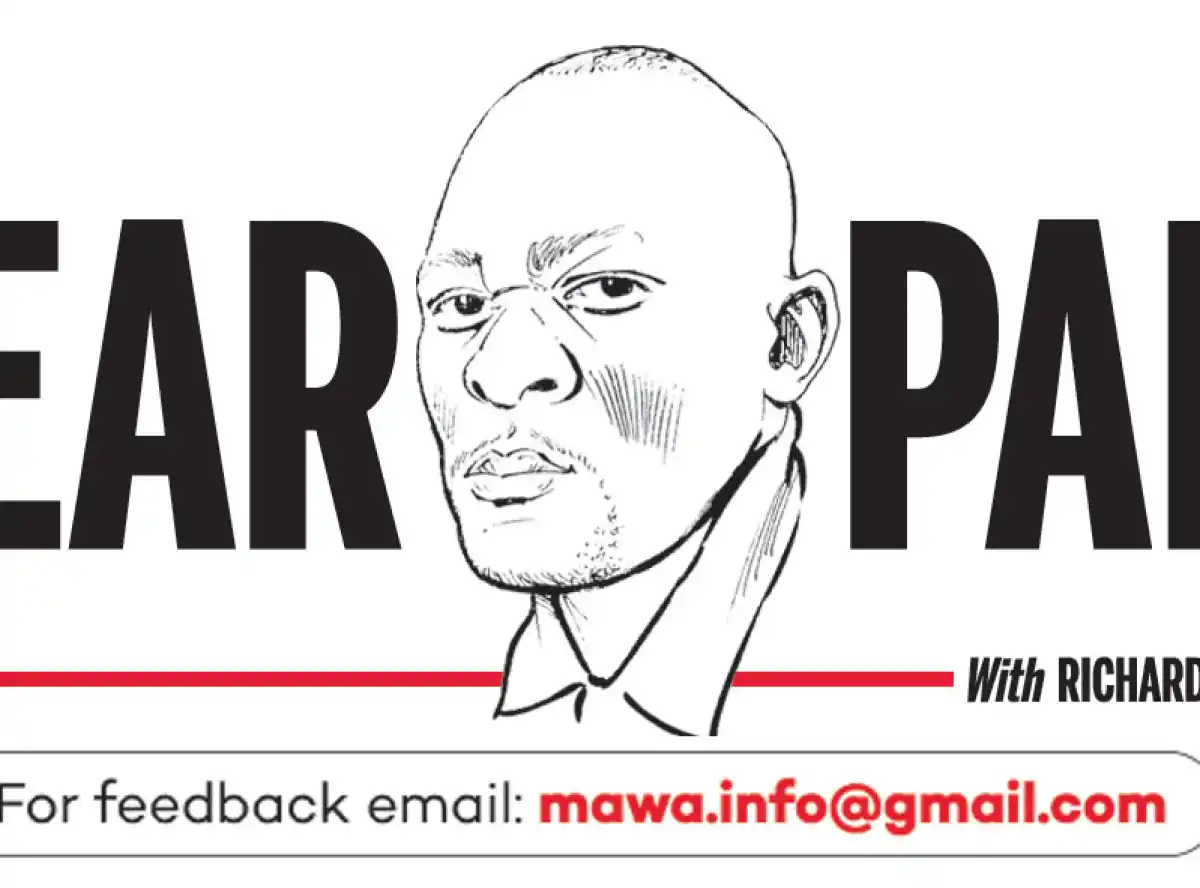
It has been a hard time for most tobacco farmers in the country, as the season did not proceed along a straight line. I mean, the season did not go as anticipated.
This is because a prolonged dry spell forced some farmers to start covering long distances on vehicles to ferry water from rivers.
Indeed, during the season in question, prices of fertiliser rocketed, such that it was not easy for farmers—who had surely exhausted last season’s profits—to catch up with them [prices].
Then came the issue of biting maize prices. In this country of lakes—notably Chilwa, Malawi, Malombe, Kazuni, among others; lakes that store water all-year round—maize was in short supply. And owing to that situation, demand and supply forces came into play, such that, in some areas in the country, a 50-kilogramme bag of maize was fetching as high as K120,000.
This meant, for tobacco estate owners who employ people from far and wide, the costs escalated. In fact, due to the rising cost of living, some tobacco farmers increased the monetary package for people who work for them—all in the hope that they would rake in more money at the auction floors. However, this is not what transpired at the Lilongwe Auction Floors when this year’s tobacco marketing season stated this week.
Instead of being a welcoming place, the auction floors turned into a mantrap for some farmers, who faced the prospect of selling their tobacco at $1.20 per kilogramme (kg). Some farmers were visibly angry. To them, they saw in the auction floors not a ‘land’ of promise but a place of deep homogeny—a land of prearranged issues.
By issue, I mean prices. In other words, goings-on at the auction floors may have the characteristics of randomness when, in fact, some operators work as an orchestra. But maybe to the farmer, that is the problem that crops up when, in their mind, they become the farmer, seller and buyer. Dreams can lead people astray. In dreams, and by extension fantancies, life can painlessly take one from the moment he or she dreams of something to the moment the dream is realised in a matter of seconds. In real life, twists and turns are expected.
What twists and turns? Well, when the 2025 tobacco marketing season started in Lilongwe on Wednesday, farmers’ hearts skipped some beats when they learned that the maximum price for the day was $3.20 per kilogramme (kg), a marked improvement from the maximum opening day price the previous year, when the maximum price for one kg of tobacco was $3 per kg.
However, farmers felt like the ground could open up and swallow them whole when they realised that tobacco for some of them was fetching $1.20 per kg. Who could blame them? Definitely not me. Not me because last year’s memories are still fresh.
For those that need reminding, last year, no kg of tobacco was sold at less than $2 on the opening day. That said, poor quality tobacco has to be treated as such; poor quality tobacco. This also applies to poorly graded tobacco.
It must attract an equally low price. But, then, farmers who have cultivated quality tobacco, graded it and done the needful must be repaid, too. They must get their sweat’s wealth. That way, many people will continue cultivating tobacco.
For this year though, it is not all bad, production wise, with the Tobacco Commission indicating that the country is on course to producing 170 million kg, up from 133 million kg last year.
To add an icing on the cake, international buyers are said to be looking for over 200 million kg of Malawi tobacco this year. However, without motivating farmers through good prices, there is no promise for tobacco.


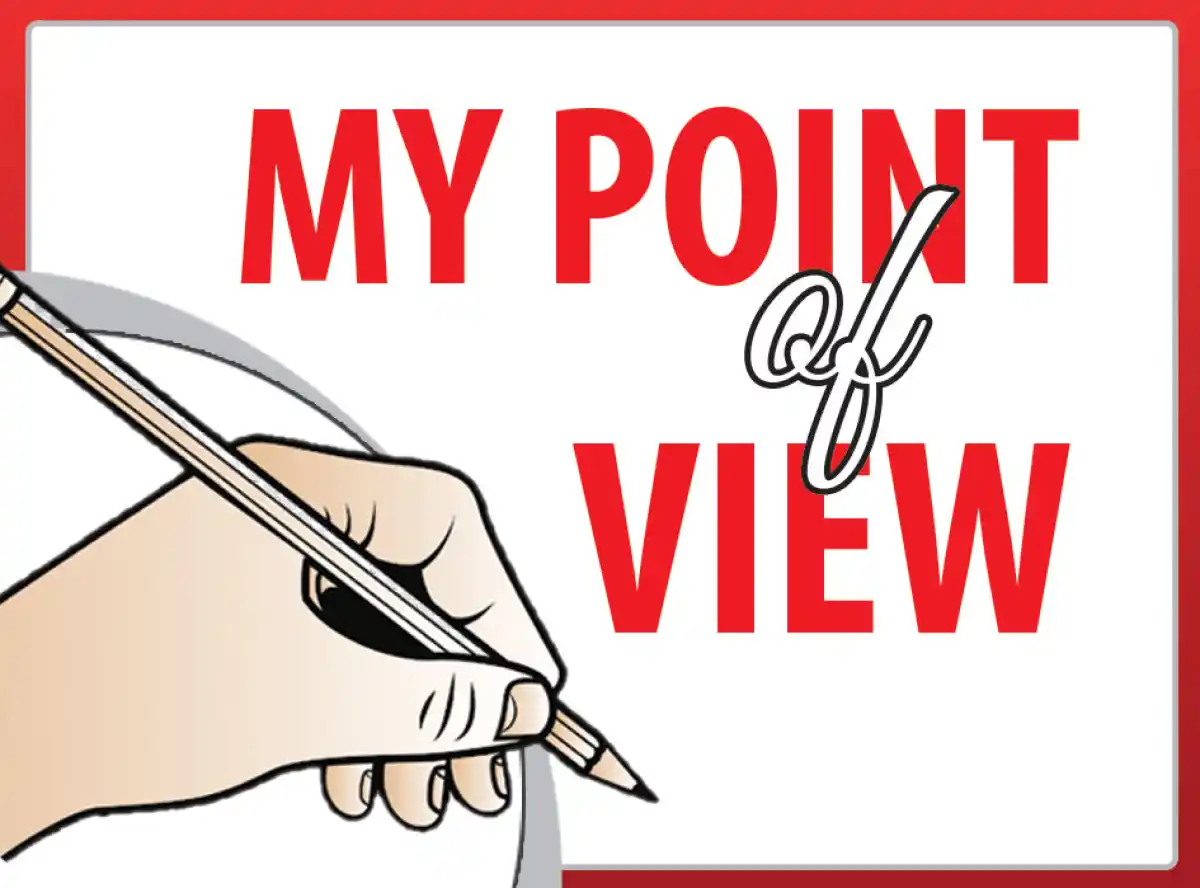

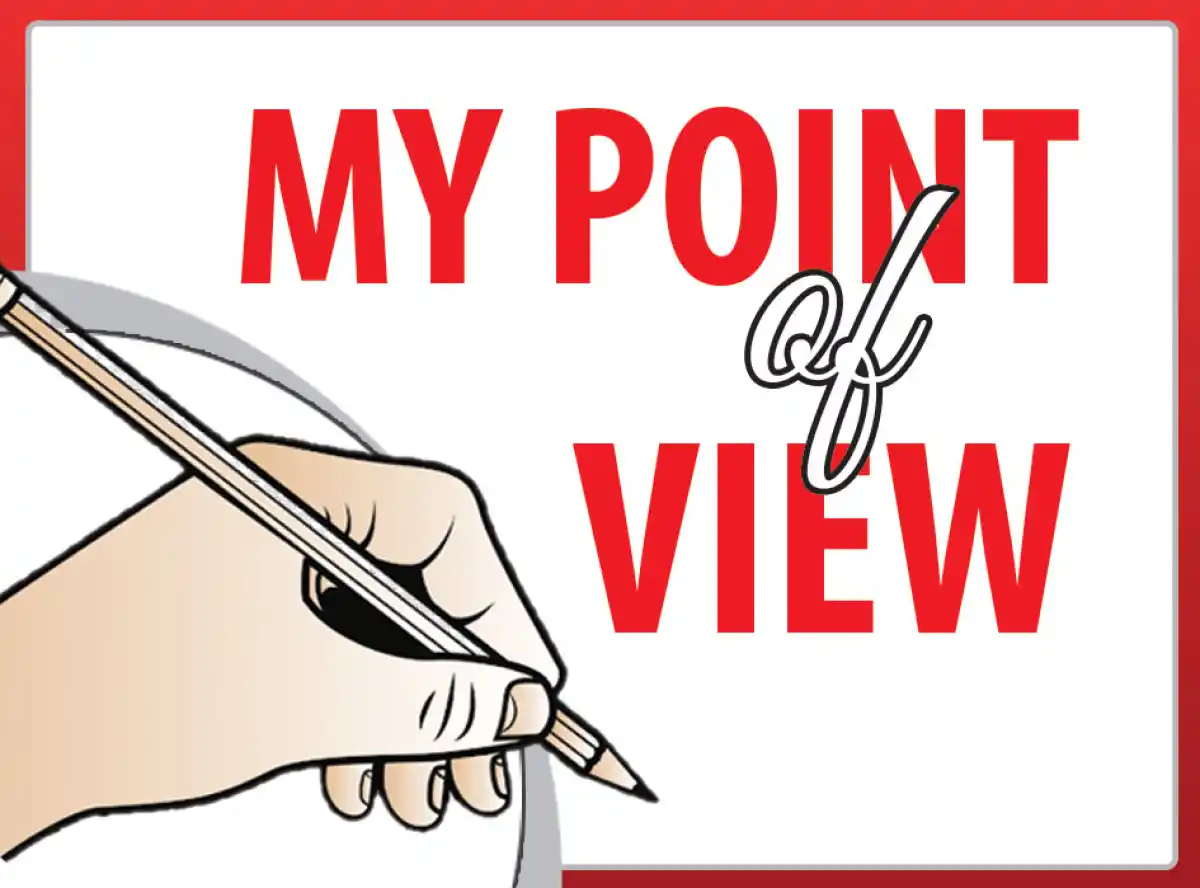
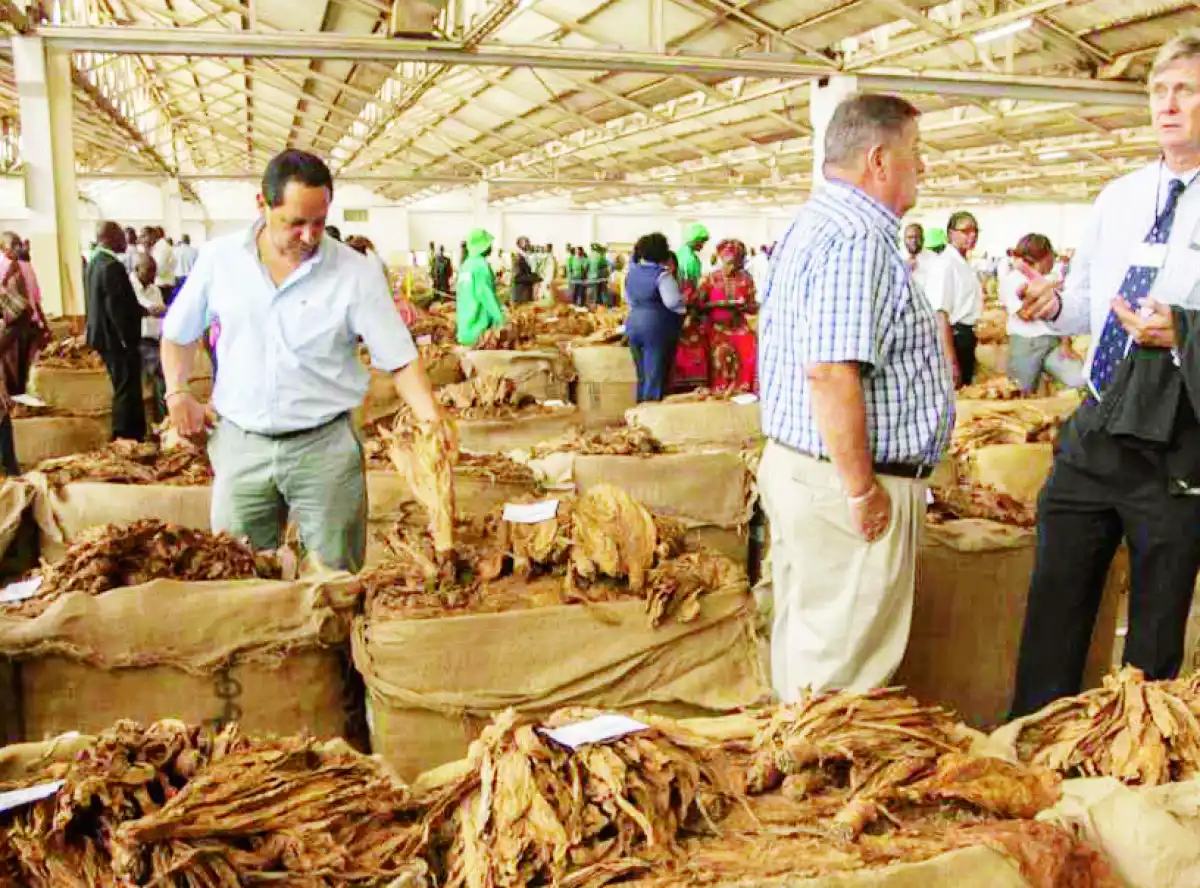
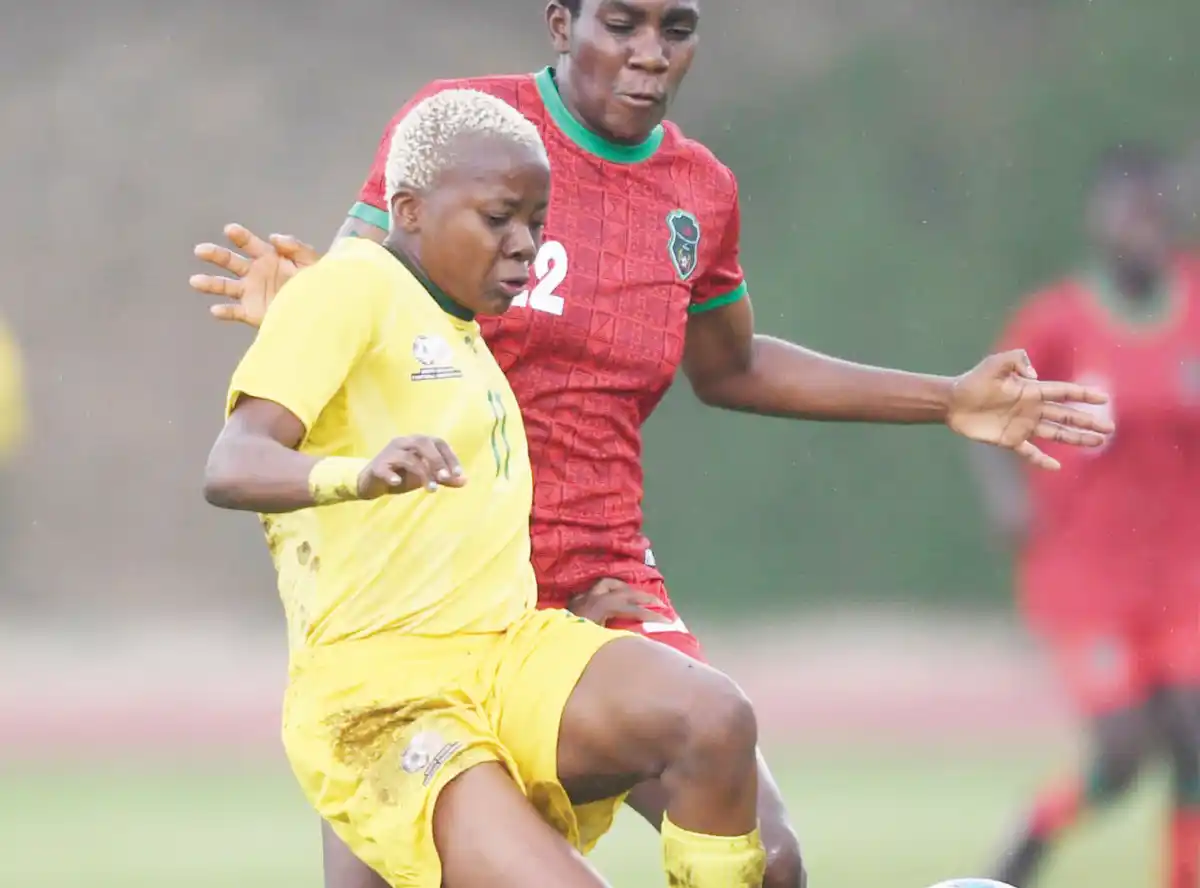
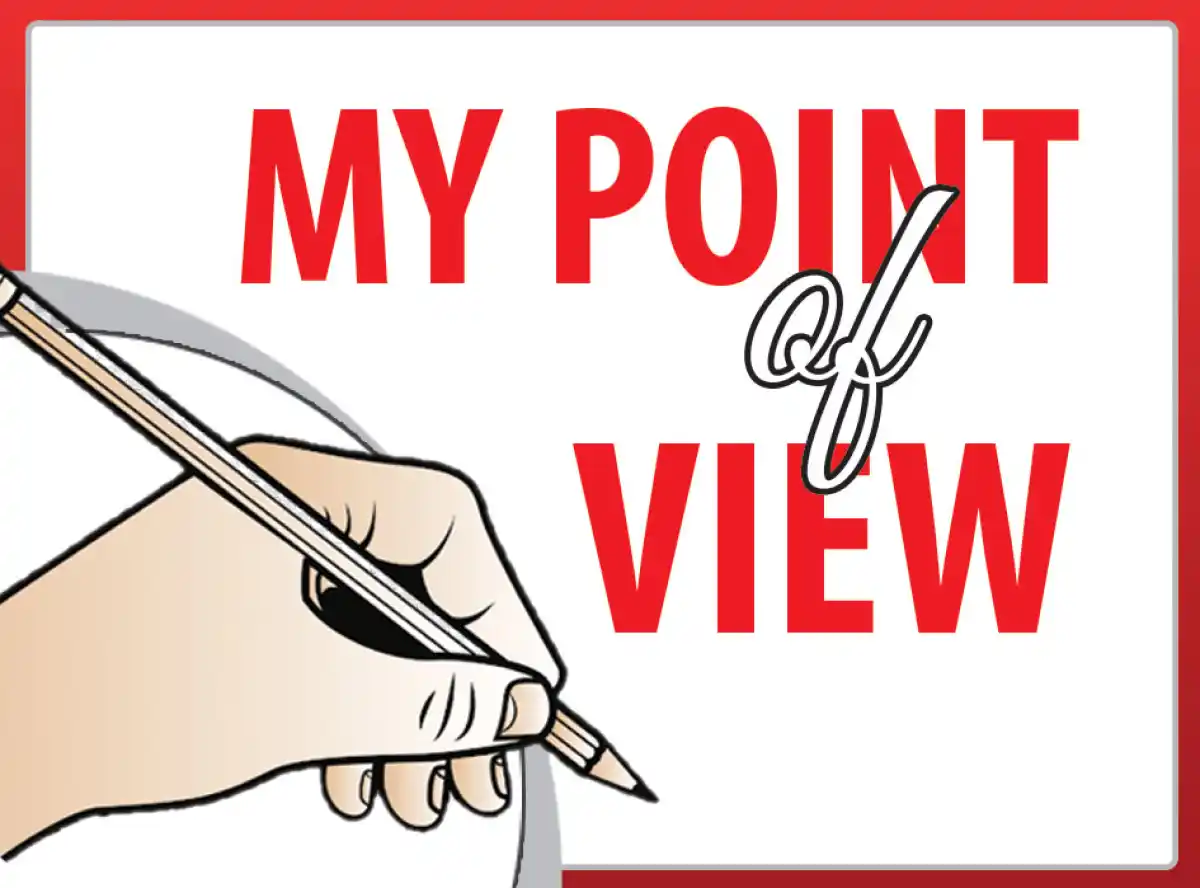
0 Comments